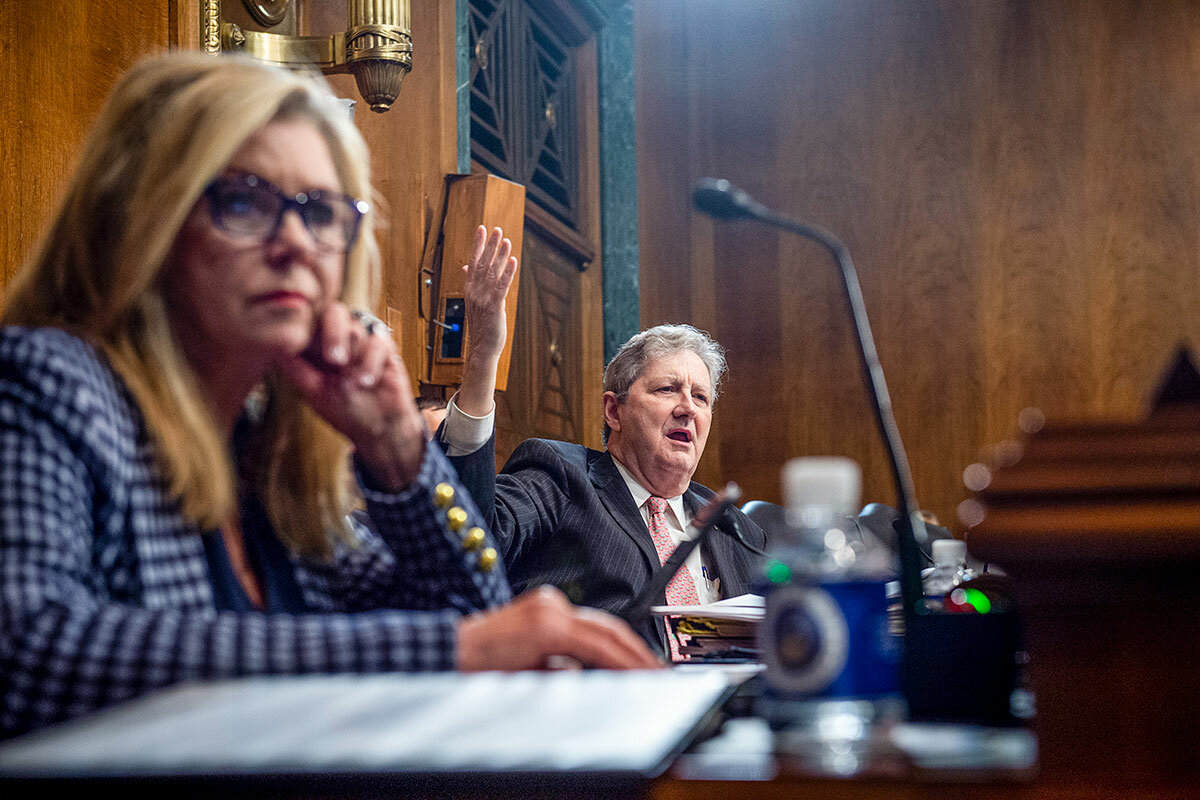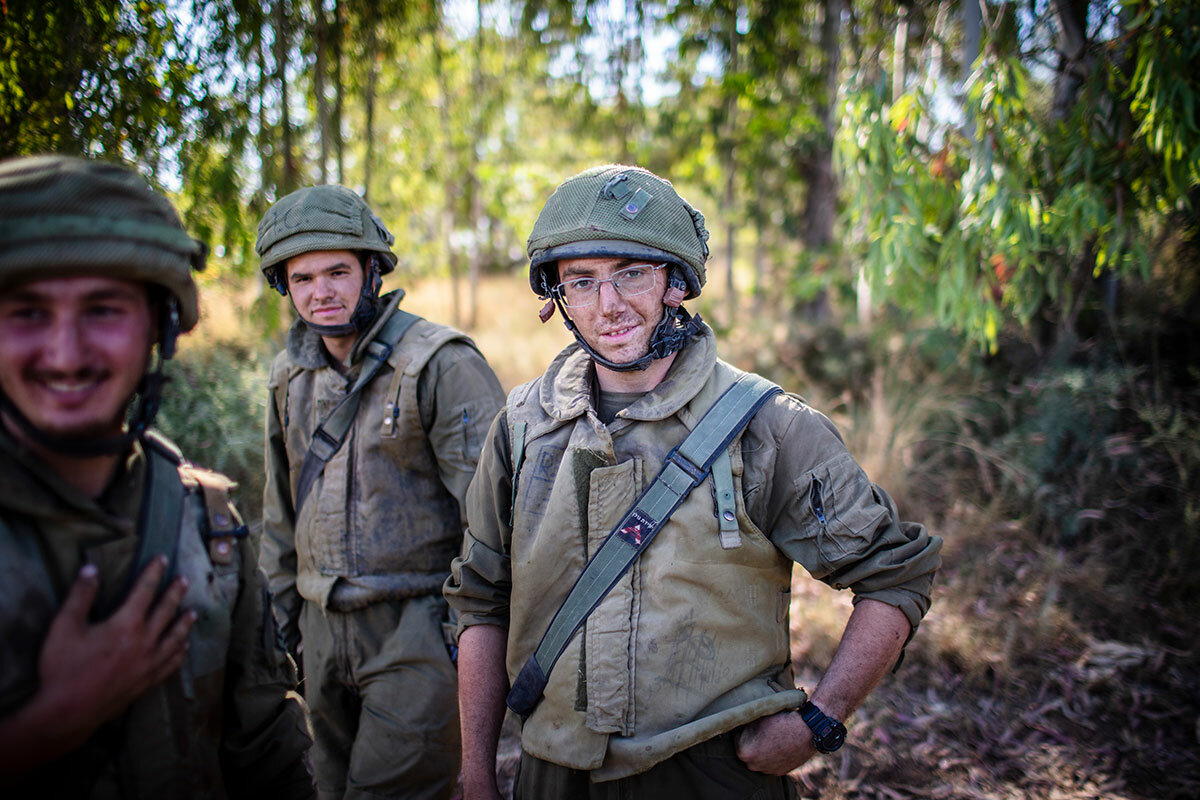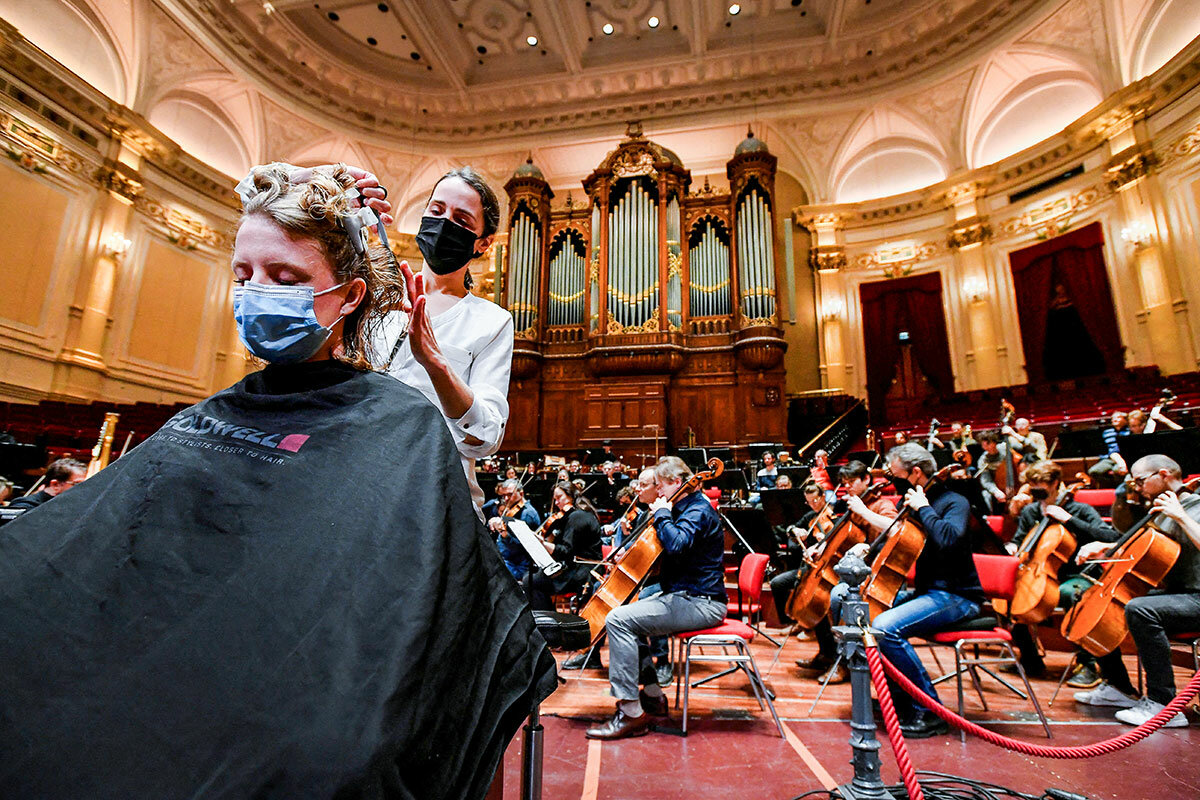For most of American history, justice has been meted out by white men. The Biden administration is moving quickly to appoint federal judges with more diverse backgrounds and legal perspectives.
Monitor Daily Podcast
- Follow us:
- Apple Podcasts
- Spotify
- RSS Feed
- Download
 David Clark Scott
David Clark Scott
The snow hadn’t started falling yet. But on Sunday afternoon, before settling in to watch his beloved Pittsburgh Steelers, Brian DeLallo revised a Monday workout.
The Bethel Park High School football coach sent this tweet to players: “Due to expected severe weather, Monday’s weightlifting workout has been cancelled. Find an elderly or disabled neighbor and shovel their driveway. Don’t accept any money – that’s our Monday workout.”
Barbells were dutifully traded for snow shovels. In doing so, the football players got not only a workout but also a lesson in generosity and community spirit. Throughout the day, some 25 players texted Coach DeLallo photos as they cleared driveways and walkways of about 6 inches of snow in Bethel Park, a suburb of Pittsburgh.
“They’re surprised that we’re not taking money,” junior and team captain Gavin Moul told KDKA-TV in Pittsburgh. “It’s not only helping them, but it’s helping us to become a better team.”
Braedon Del Duca, who plays guard on the team, told WTAE-TV in Pittsburgh that this was a chance to thank the community for its support.
Coach DeLallo recognized, too, that for players to experience the power of helping others is more valuable than pumping iron. “You get a lot more out of this than ‘did you bench press 300 pounds today?’ This is really cool,” he said. “It’s a chance to connect with the community and you don’t get many of those.”
At least not until the next big snowfall.









